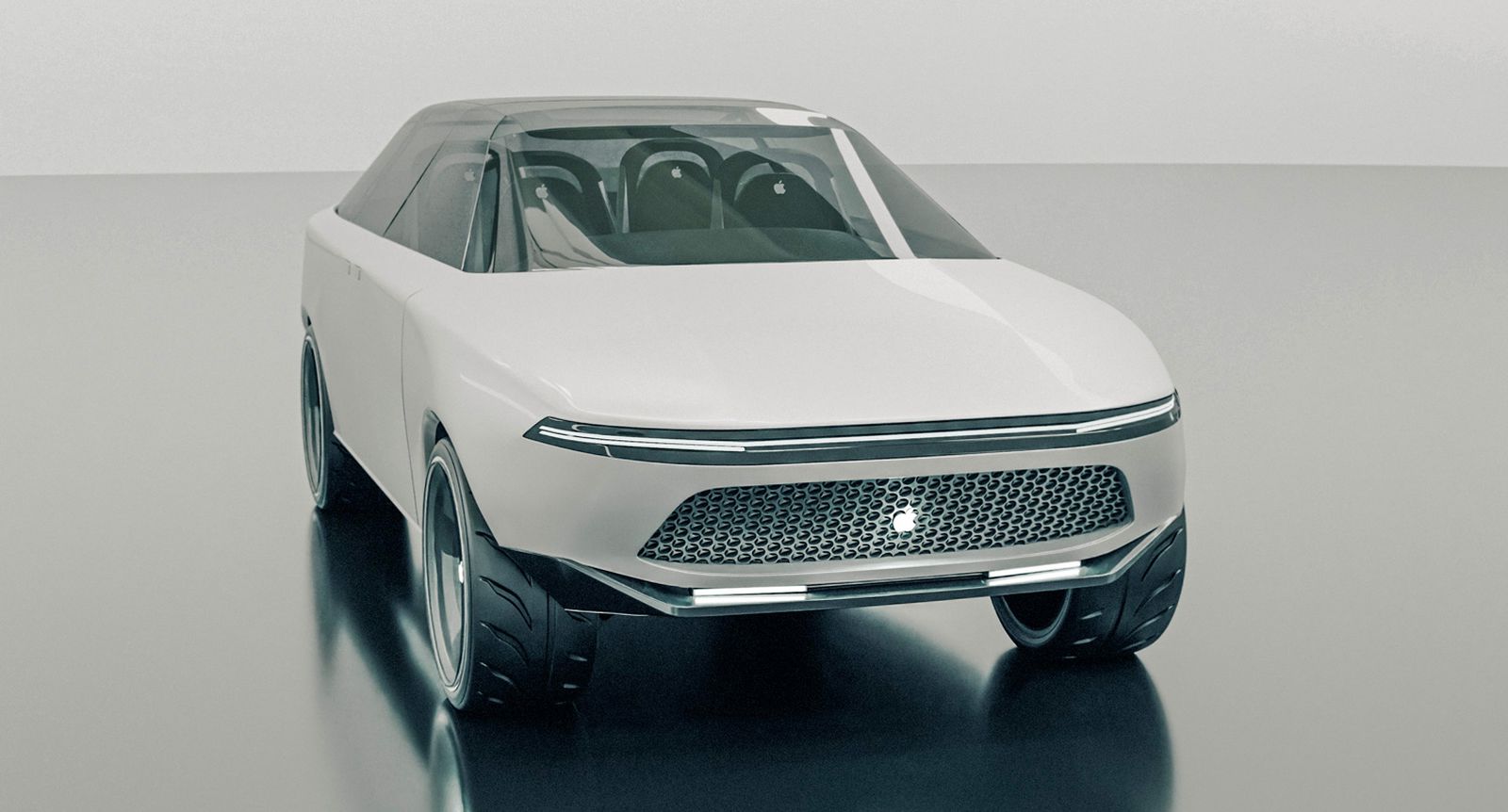|
Getting your Trinity Audio player ready...
|
Apple has supposedly chosen to delay the launch of its highly anticipated Apple Electric Vehicle under Project Titan, pushing the timeline from 2026 to 2028. In addition to this postponement, there are signs that Apple is scaling back on its initial plans for advanced self-driving features.
The company, initially aiming for a “level four” autonomous driving system capable of handling most driving conditions without human intervention, has now revised its strategy to focus on incorporating “level two” autonomy.
This level is similar to Tesla Autopilot, enabling the vehicle to execute specific maneuvers autonomously while still requiring the driver to remain in control.
The decision to adopt a more conservative approach to autonomous driving is viewed as a pivotal moment for Apple. The company’s board is now anticipated to carefully consider the options, weighing whether to intensify efforts to meet the original ambitions or potentially discontinue the Project Titan EV altogether.
This shift in strategy highlights the challenges and complexities associated with developing advanced autonomous driving technologies for mass-market vehicles.
Apple’s highly anticipated electric vehicle (EV) launch under Project Titan is reportedly being postponed, shifting the original timeline from 2026 to 2028. Alongside this delay, there are indications that Apple is scaling back on its initial plans for advanced self-driving features.
Initially targeting a “level four” autonomous driving system, capable of handling most driving conditions without human intervention, Apple has revised its strategy to focus on incorporating “level two” autonomy.
Comparable to Tesla’s Autopilot, this level allows the vehicle to autonomously execute specific maneuvers while still requiring the driver to remain in control.
Read Also: Innovative Engineering: How Tesla Cybertruck Became a Boat
Opting for a more conservative approach to autonomous driving is seen as a crucial moment for Apple. The company’s board is now expected to evaluate the options, deciding whether to intensify efforts to meet the original ambitions or potentially discontinue the Project Titan EV altogether.
This strategic shift underscores the challenges and complexities involved in developing advanced autonomous driving technologies for mass-market vehicles.
The launch of Apple’s highly anticipated electric vehicle (EV) under Project Titan is reportedly delayed, with the timeline shifting from 2026 to 2028. Concurrently, there are signs that Apple is scaling back on its initial plans for advanced self-driving features.
Initially aiming for a “level four” autonomous driving system, capable of handling most driving conditions without human intervention, Apple has adjusted its strategy to focus on incorporating “level two” autonomy.
Similar to Tesla’s Autopilot, this level enables the vehicle to autonomously execute specific maneuvers while still requiring the driver to remain in control.
Choosing a more conservative approach to autonomous driving is considered a pivotal moment for Apple. The company’s board is now anticipated to weigh the options, deciding whether to intensify efforts to meet the original ambitions or potentially discontinue the Project Titan EV altogether.
This strategic shift underscores the challenges and complexities associated with developing advanced autonomous driving technologies for mass-market vehicles.
Reportedly, Apple has decided to postpone the launch of its highly anticipated electric vehicle (EV) under Project Titan, shifting the timeline from 2026 to 2028. Alongside this delay, there are indications that Apple is scaling back on its initial plans for advanced self-driving features.
Originally targeting a “level four” autonomous driving system, capable of handling most driving conditions without human intervention, Apple has revised its strategy to focus on incorporating “level two” autonomy.
This level is akin to Tesla’s Autopilot, allowing the vehicle to autonomously execute specific maneuvers while still requiring the driver to remain in control.
The decision to embrace a more conservative approach to autonomous driving is seen as a pivotal moment for Apple. The company’s board is now expected to carefully evaluate the options, deciding whether to intensify efforts to meet the original ambitions or potentially discontinue the Project Titan EV altogether.
This strategic shift underscores the challenges and complexities involved in developing advanced autonomous driving technologies for mass-market vehicles.
Apple has reportedly chosen to delay the launch of its highly anticipated electric vehicle (EV) under Project Titan, shifting the timeline from 2026 to 2028. In addition to this postponement, there are signs that Apple is scaling back on its initial plans for advanced self-driving features.
The company, initially aiming for a “level four” autonomous driving system capable of handling most driving conditions without human intervention, has now revised its strategy to focus on incorporating “level two” autonomy.
This level is similar to Tesla’s Autopilot, enabling the vehicle to execute specific maneuvers autonomously while still requiring the driver to remain in control.
The decision to adopt a more conservative approach to autonomous driving is viewed as a pivotal moment for Apple. The company’s board is now anticipated to carefully consider the options, weighing whether to intensify efforts to meet the original ambitions or potentially discontinue the Project Titan EV altogether.
This shift in strategy highlights the challenges and complexities associated with developing advanced autonomous driving technologies for mass-market vehicles.

